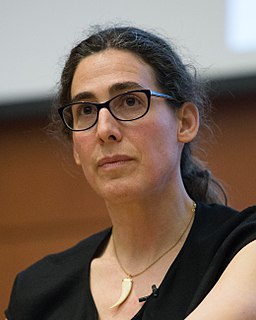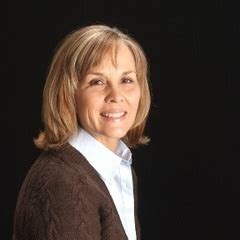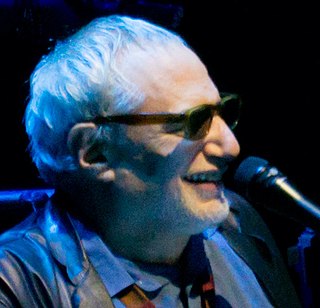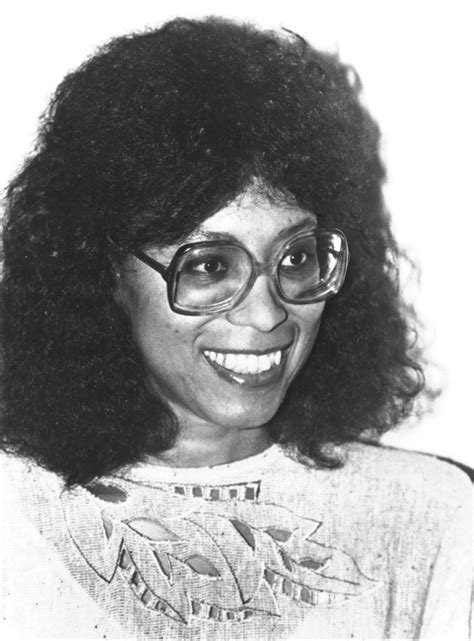A Quote by John B. S. Haldane
I have tried to show why I believe that the biologist is the most romantic figure on earth at the present day. At first sight he seems to be just a poor little scrubby underpaid man, groping blindly amid the mazes of the ultra-microscopic, engaging in bitter and lifelong quarrels over the nephridia of flatworms, waking perhaps one morning to find that someone whose name he has never heard has demolished by a few crucial experiments the work which he had hoped would render him immortal.
Quote Topics
Believe
Biologist
Bitter
Blindly
Crucial
Day
Earth
Engaging
Experiments
Few
Figure
Find
First
Had
Heard
Him
Hoped
I Believe
Immortal
Just
Lifelong
Little
Man
Mazes
Morning
Most
Most Romantic
Name
Never
Over
Perhaps
Poor
Present
Present Day
Quarrels
Render
Romantic
Seems
Show
Sight
Someone
Tried
Underpaid
Waking
Which
Whose
Why
Work
Would
Related Quotes
If a man were poor or hungry, [some] would say, let us pray for him. I would suggest a little different regimen for a person in this condition: rather take him a bag of flour and a little beef or pork, and a little sugar and butter. A few such comforts will do him more good than your prayers. And I would be ashamed to ask the Lord to do something that I would not do myself. Then go to work and help the poor yourselves first, and do all you can for them, and then call upon God to do the balance.
The first scene I ever shot for 'Louie Bluie,' on that first day, I had never seen the camera before. I didn't know where to put it. I just knew what was strong about these guys and what I wanted to capture, so I tried to work backward from there and figure it out. Trial and error. Hopefully I got a little bit better at it.
A certain ultra-dignified gentleman of unusual prominence carried himself so stiffly that nobody felt free to call him by his first name. He quarreled with a friend of earlier days and from then on the two never spoke. The day the friend died an associate found the ultra-dignified gentleman staring through the window. When he came out of his reverie, he soliloquized with a sigh, ""He was the last to call me John."" Is any man really entitled to regard himself a success who has failed to inspire at least a goodly number of fellow mortals to greet him by his first name?
It would perhaps not be amiss to point out that he had always tried to be a good dog. He had tried to do all the things his MAN and his WOMAN, and most of all his BOY, had asked or expected of him. He would have died for them, if that had been required. He had never wanted to kill anybody. He had been struck by something, possibly destiny, or fate, or only a degenerative nerve disease called rabies. Free will was not a factor.
If he could go back, choose another career, my father would have liked to have been an environmentalist of some kind, which is why he'd really like to be remembered for something almost nobody knows he did: naming Earth Day. It agitated him to look up Earth Day on Wikipedia recently and not see his name anywhere. So a few days ago, I added it.
The dream of romantic love is taken more seriously in North America than it is anywhere else in the world, which is why we believe in fidelity and why we believe in infidelity as well. It is also, of course, what makes our divorce rate as high as it is. Falling in love at first sight and instant gratification are part of the world in which we live, so there are people who believe adamantly in fidelity. They just don't believe in it for long.
I was first published in the newspaper put out by School of The Art Institute of Chicago, where I was a student. I wince to read that story nowadays, but I published it with an odd photo I'd found in a junk shop, and at least I still like the picture. I had a few things in the school paper, and then I got published in a small literary magazine. I hoped I would one day get published in The New Yorker, but I never allowed myself to actually believe it. Getting published is one of those things that feels just as good as you'd hoped it would.
Perhaps it would have been easier if I said that not being able to find something is like suddenly not remembering the words to your favorite song that you knew by heart. It’s like suddenly forgetting the name of someone you know really well and see every day, or the name of a television show you watched for years. It’s something so frustrating that it plays on your mind over and over again because you know there’s an answer but no one can tell you it. It niggles and niggles at me and I can’t rest until I know the answers.
I tried to grow up. Honest. Didn’t quite happen. I guess I’m someone for whom youth still seems more real than the present, or the half century in between. And why not? I'm deeply underwhelmed by most contemporary art, literature, music, films, TV, the heinous little phones, money talk, real estate talk, all that stuff. The Internet, which at first seemed so fascinating, appears to be evolving into something even worse than TV, but we'll see.
However dangerous might be the shock of a comet, it might be so slight, that it would only do damage at the part of the Earth where it actually struck; perhaps even we might cry quits if while one kingdom were devastated, the rest of the Earth were to enjoy the rarities which a body which came from so far might bring it. Perhaps we should be very surprised to find that the debris of these masses that we despised were formed of gold and diamonds; but who would be the most astonished, we, or the comet-dwellers, who would be cast on our Earth? What strange being each would find the other!
Poor Christopher-John had fallen into the hands of Miss. Daisy Crocker. I greatly sympathized him, but as in everything else, Christopher John tried to see the bright side in having to face such a shrew every morning. "Maybe she done changed," he said hopefully on the first day of school. However, when classes were over he was noticeably quiet. Well?" I asked him. He shrugged dejectedly and admitted, "She still the same.





































